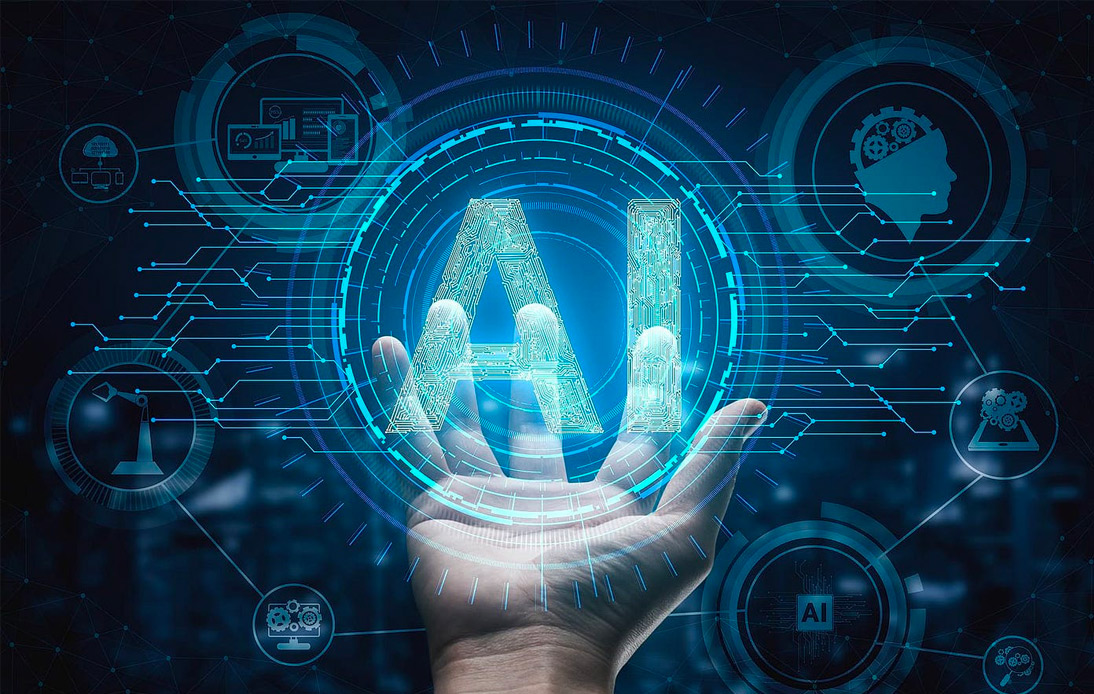
A new study by the International Monetary Fund (IMF) indicates that artificial intelligence could affect approximately 40% of jobs.
Kristalina Georgieva, the IMF’s managing director, stated, “In most scenarios, AI will likely exacerbate overall inequality.”
According to Ms. Georgieva, it is crucial for policymakers to address this ‘troubling trend’ to prevent escalating social tensions due to technology. The rapid growth of AI underscores both its potential benefits and risks.
The IMF estimates that AI could impact an even larger share of jobs in developed countries, possibly reaching 60%. In such scenarios, AI might enhance productivity for about half of these workers.
Conversely, AI’s ability to perform tasks currently done by humans could reduce the demand for labor, affecting wages and potentially leading to job losses.
The IMF forecasts that AI will have a lesser impact on jobs in low-income countries, affecting about 26% of them.
Ms. Georgieva points out that many low-income countries lack the necessary infrastructure and skilled workforce to fully capitalize on AI, which could exacerbate global inequality over time.
Typically, higher-income and younger workers might experience significant wage increases after implementing AI.
Conversely, lower-income and older workers may be left behind, as per the IMF’s analysis.
Ms. Georgieva emphasizes the importance of establishing robust social safety nets and retraining programs for vulnerable workers to make the transition to AI more inclusive and reduce inequality.
This IMF analysis coincides with the World Economic Forum in Davos, Switzerland, where global business and political leaders are convening.
AI, including popular applications like ChatGPT, is a key topic of discussion at the forum.
Governments worldwide are starting to regulate AI more stringently. The European Union recently reached a provisional agreement on the first comprehensive AI regulations.
The European Parliament is expected to vote on these AI Act proposals soon. However, any new laws will not be implemented until at least 2025.
The US, UK, and China have yet to release their own AI regulatory guidelines.




















